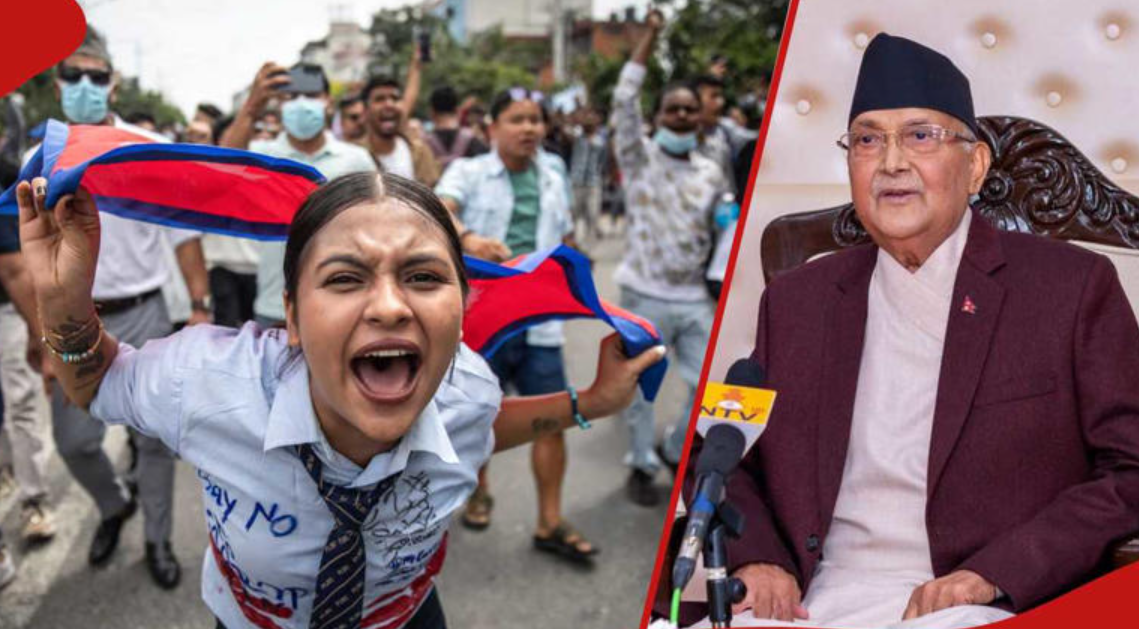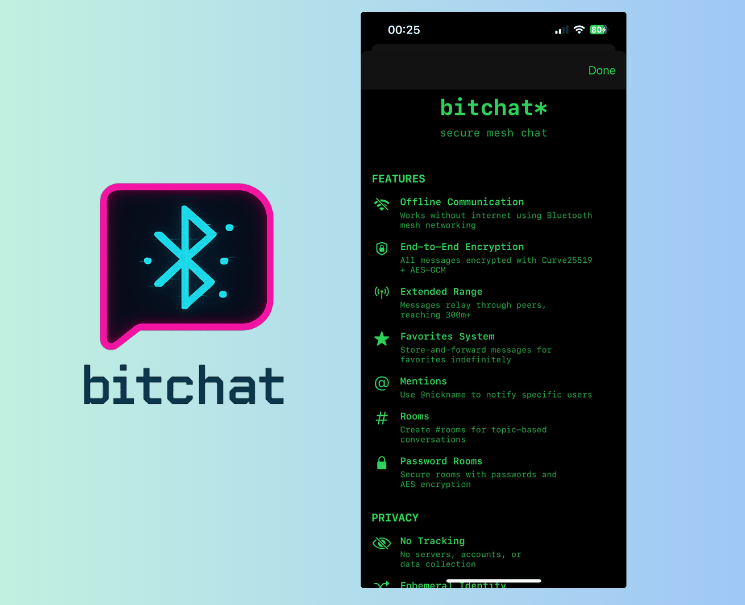Nepalis increasingly used Bitcoin and USDT during political anarchy that killed 19 people and forced Prime Minister KP Sharma Oli to resign.
Nepal's Prime Minister KP Sharma Oli resigned Tuesday after anti-corruption protests and a controversial social media ban triggered the country's worst unrest in decades, leaving at least 19 people dead. The youth-led demonstrations began after authorities banned 26 social media platforms including WhatsApp, Instagram and Facebook, sparking widespread anger over corruption, inequality and censorship.

As the government blocked traditional communication and financial channels during the anarchy, many Nepalis turned to crypto despite the country's strict prohibition on digital assets. The Himalayan nation's central bank banned all crypto trading in 2022, warning of potential financial instability. However, the restrictions failed to prevent widespread adoption during the crisis.
Telegram groups and Reddit forums filled with offers to buy and sell stablecoins like Tether (USDT) as protesters sought alternatives to traditional banking systems that many viewed as serving political interests rather than citizens. Traders used peer-to-peer exchanges and decentralized platforms to bypass financial institutions during the chaos.

The protests escalated as thousands of demonstrators, many identifying themselves as "Gen Z," scaled parliament walls and set fire to government buildings. Police responded with tear gas, water cannons and live ammunition in Kathmandu and other cities as the country descended into near-anarchy.
Despite the crypto ban, Singapore-based research firm AAA estimates that about 4.5% of Nepal's 30.9 million population already owns crypto assets as of 2024, representing more than 1.4 million people. The Nepal Rastra Bank has declared all crypto activities including trading, mining and investing strictly forbidden.
A 19-year-old student protester described using Bitcoin to receive funds from a cousin in Dubai during the unrest. "Western Union takes days and charges too much. With Bitcoin I got money in 10 minutes and paid for supplies," he said.
The social media blackout also drove adoption of alternative communication tools. Downloads of BitChat, a Bluetooth-based messaging app funded by Twitter co-founder Jack Dorsey, surged to over 45,000 in Nepal during the past week as people sought internet-free communication methods during the anarchic conditions.

The government ultimately reversed the social media ban as protests intensified and Oli's administration collapsed. However, the crisis highlighted how restrictive policies can drive citizens toward decentralized alternatives during times of political instability and governmental breakdown.
Organizers said the protests reflected not only anger over the social media ban but also generational frustration at poor economic opportunities and systemic corruption. The unrest represents Nepal's most serious political crisis in years, with the country now facing an uncertain transition period.

Connect with us:
- Telegram: t.me/blockflownews
- Twitter: x.com/BlockFlow_News
 PEPE0.00 -9.53%
PEPE0.00 -9.53%
 TON1.30 -0.52%
TON1.30 -0.52%
 BNB624.90 -1.23%
BNB624.90 -1.23%
 SOL85.91 -3.56%
SOL85.91 -3.56%
 XRP1.40 -3.73%
XRP1.40 -3.73%
 DOGE0.10 -6.21%
DOGE0.10 -6.21%
 TRX0.29 -0.12%
TRX0.29 -0.12%
 ETH2025.71 -2.87%
ETH2025.71 -2.87%
 BTC67424.49 -1.54%
BTC67424.49 -1.54%
 SUI0.93 -5.71%
SUI0.93 -5.71%










